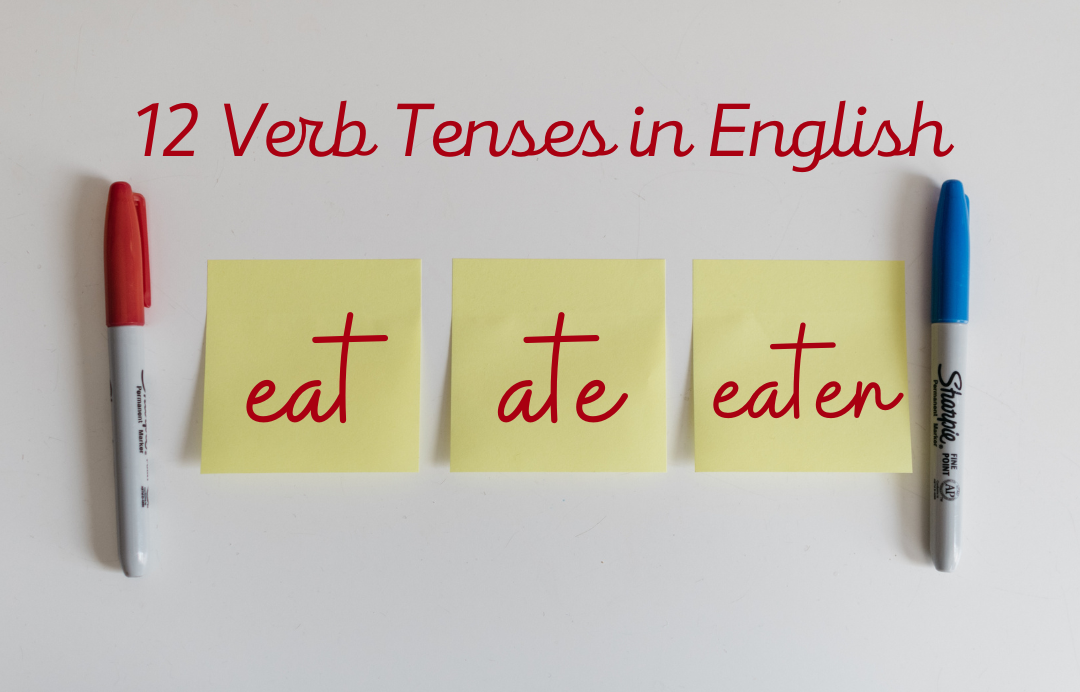Author: info

8 Academic Synonyms for ‘OPINION’
Looking to expand your vocabulary for IELTS and improve your critical thinking skills? Check out this blog post by KTI English, where we discuss the importance of understanding 8 academic synonyms for opinion.

The Top Trends Shaping the ESL Industry in 2023
The ESL industry is constantly evolving, driven by the global demand for English language proficiency. Discover the latest trends in online learning, educational technology, and inclusivity, and learn how communicative competence is changing the way ESL is taught.

The Importance of Academic Vocabulary for IELTS
To excel in English language proficiency tests like IELTS, it is crucial to have a strong command of academic vocabulary. Read on to learn more about what academic vocabulary is, why it is so important, and how to acquire it.
The Importance of Academic Vocabulary for IELTS
To excel in English language proficiency tests like IELTS, it is crucial to have a strong command of academic vocabulary. Read on to learn more about what academic vocabulary is, why it is so important, and how to acquire it.

Top Ten Tips for ESL Learners: Mastering English as a Second Language
Attention ESL learners! Here’s some advice for improving your language skills: Immerse yourself in the language, practice speaking with native speakers, read in English, study grammar, write in English, learn new vocabulary every day, and be patient with yourself. Keep pushing forward, you got this! #ESL #LanguageLearning #StudyTips

What are the 12 Verb Tenses in English?
This week, we are looking at an overview of THE 12 ENGLISH VERB TENSES.There are 12 verb tenses in English broken down into 4 main groups: SimpleContinuousPerfect SimplePerfect Continuous. Then each of those groups has a Present, Past and Future version.

What are the 12 Verb Tenses in English?
This week, we are looking at an overview of THE 12 ENGLISH VERB TENSES.There are 12 verb tenses in English broken down into 4 main groups: SimpleContinuousPerfect SimplePerfect Continuous. Then each of those groups has a Present, Past and Future version.

“You always do” vs “You are always doing”
This week, we are comparing the PRESENT SIMPLE and the PRESENT CONTINUOUS tenses with the use of the adverb “ALWAYS”.There is one time when we use the adverb “always” along with the PRESENT CONTINUOUS tense, and that is used for:when we are complaining

Repeating an Action: “did” vs “have done”
This week, we are going to discuss one more way in which these verb tenses are similar, yet different.A repetition of an actionThis means how many times that action occurred or was repeated during a period of time. For example:I ate sushi twice last week. I have eaten sushi twice this week. The difference is…

“I did” vs “I have done”
I did it. I have done it. Can you tell me the difference between these two verb tenses? When should I use the “I did” tense and when should I use the “I have done” tense? This week, we will compare Past Simple Verb Tense (I did) versus Present Perfect Simple Verb Tense (I have…









